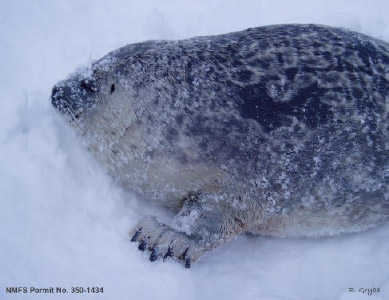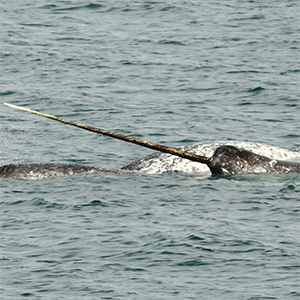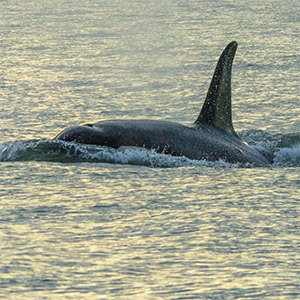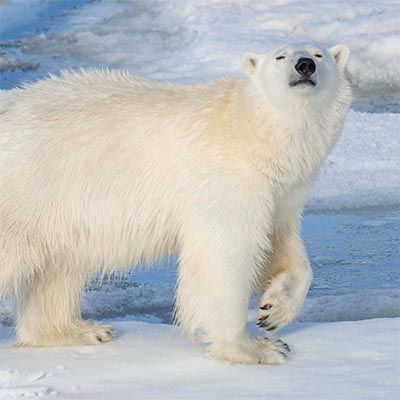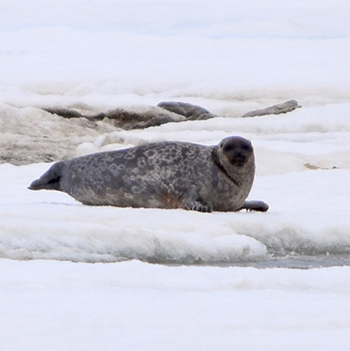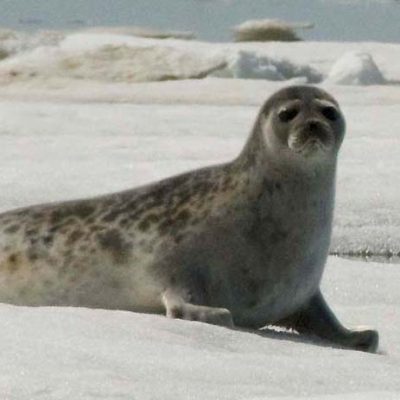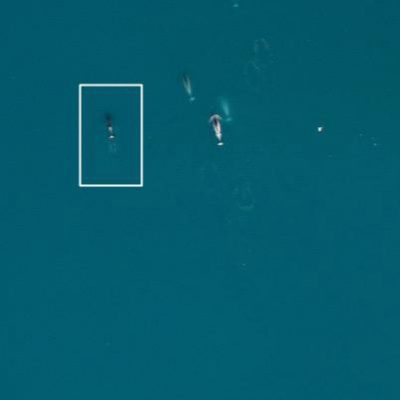Indigenous Knowledge invaluable in identifying important habitats
Indigenous Knowledge can provide a holistic understanding of species’ habitat use given that it contains observations of multiple species across seasons and includes animals’ complex relationships with other species and habitats.
Student Profile: Shabnam Shadloo
Shabnam is a third-year PhD student at the Institute for the Oceans and Fisheries (IOF) under the supervision of Marie Auger-Méthé. Her research focuses on the movement ecology, behaviour, and disease dynamics of Larus glaucescens (glaucous-winged gulls) within coastal and urban environments.
As sea ice retreats, narwhals are changing their migration patterns
Climate change and loss of sea ice is creating stressors for these animals, and they are adapting to a new life in the Arctic.
Decoding the secret lives of killer whales one micro-second at a time
Using methods to detect when the animals are catching prey and to model their energy expenditure will be key to understanding the differences between these neighbouring whale populations.
Enhanced statistical models will aid conservation of killer whales and other species
The whale used to develop the model preferred to save energy by gliding through the water when making deep dives, and when it was closer to the surface, it moved more actively, accelerating faster and ‘fluking’ its tail more often.
Ecologists and mental health researchers unite to improve patient care, save wild animals using Fitbit-like devices
Narwhals, sharks, and polar bears can help medical professionals improve care for patients with mental health struggles – and patients with conditions such as depression and bipolar disorder can offer insights that will help the conservation of many wild animals.
Food for seals and other Arctic predators is shrinking — literally
Unchecked climate change may leave some Arctic predators, such as seals and whales, surviving off of marine “junk food”.
PROFILE: Using mathematical ingenuity to solve ecological puzzles
“Ecology has a lot of difficult data to handle, and a big part of my research is developing new statistical methods to tackle these problems,” says Dr. Marie Auger-Méthé.
How to spot the elusive narwhal
“We brought an infrared camera mostly to see if we could find walruses, seals, and polar bears on the ice, but when we looked at the infrared footage, we saw these narwhals swimming.”
